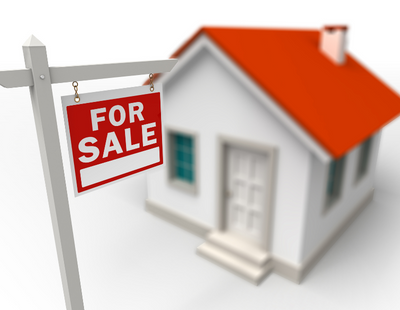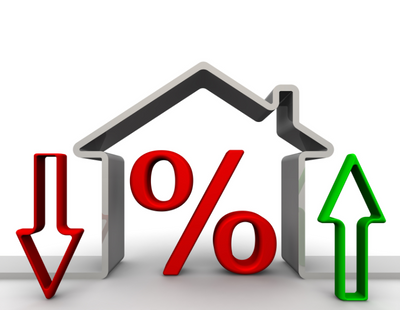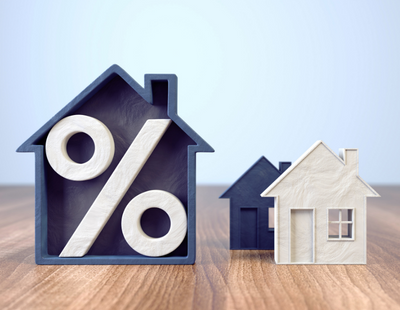
Almost half of adults who currently pay rent or a mortgage have seen their payments increase over the past six months and many are reporting difficulties, official data shows.
Analysis of the impact of the cost of living crisis by the Office for National Statistics, found 27% said their repayments have increased in just the past month.
The analysis found 28% of mortgage holders were finding it hard to keep up with their repayments, rising to 43% for renters.
It comes as the Bank of England reported the largest level of mortgage defaults last week since 2009.
Commenting on the ONS data, Karen Noye, mortgage expert at wealth manager Quilter, said: “Mortgage holders and renters are among those with higher odds of experiencing financial vulnerability, and this will largely be due to soaring mortgage interest rates and higher rent costs.
“Indeed, 27% of people reported that their rent or mortgage costs had caused their cost of living to increase compared to just a month ago.
“While this figure is already relatively high, it suggests there are still a lot of people who are shielded by previous fixed rate mortgage deals. As more people’s deals run out and they are faced with the prospect of drastically higher rates, we can expect this figure to increase significantly.
“Given mortgage rates have hit the highest level for 15 years, an increasing number of people will struggle to afford their rising payments.
“The recent Mortgage Charter will give homeowners a bit of breathing space, and it is vital that people stay calm and speak to their lender or mortgage broker if they have any issues. Lenders do not want to deal with defaults on their loans and they are there to help in the first instance.”





























Join the conversation
Jump to latest comment and add your reply
Lenders and borrowers may find ways to accommodate higher interest rates (such as extending the life of mortgages), but the major impact on the housing market, at least in the short-term, will be a noticeable decline in transactions, as people hunker down. The danger remains that a marked increase in the number of distressed sellers could then lead to significant price falls, as these marginal sales set the tone for the market in general. Further interest rate rises appear to be a foregone conclusion and so current pressures in the property market will inevitably increase.
Please login to comment